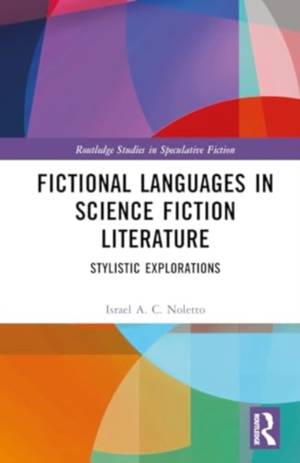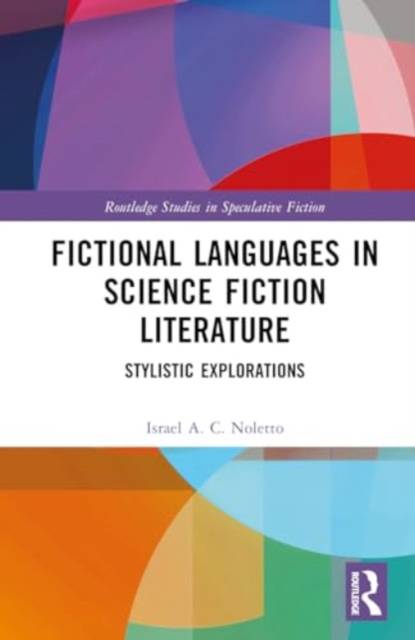
- Retrait gratuit dans votre magasin Club
- 7.000.000 titres dans notre catalogue
- Payer en toute sécurité
- Toujours un magasin près de chez vous
- Retrait gratuit dans votre magasin Club
- 7.000.000 titres dans notre catalogue
- Payer en toute sécurité
- Toujours un magasin près de chez vous
Description
Fictional Languages in Science Fiction Literature surveys a large number of fictional languages, those created as part of a literary world, to present a multifaceted account of the literary phenomenon of glossopoesis (language invention). Consisting of a few untranslated sentences, exotic names, or even fully-fledged languages with detailed grammar and vocabulary, fictional languages have been a common element of English-language fiction since Thomas More's Utopia (1516).
Different notions of the functions of such fictional languages in narrative have been proposed: as rooted in phonaesthetics and contextual features, or as being used for characterisation and construction of alterity. Framed within stylistics and informed by narrative theory, literary theory, literary pragmatics, and semiotics, this study combines previous typologies into a new 5-part reading model comprising unique analytical approaches tailored to science fiction's specific discourse and style, exploring the relationship between glossopoesis, world-building, storytelling, interpretation, and rhetoric, both in prose and paratexts.
Spécifications
Parties prenantes
- Auteur(s) :
- Editeur:
Contenu
- Nombre de pages :
- 260
- Langue:
- Anglais
- Collection :
Caractéristiques
- EAN:
- 9781032688886
- Date de parution :
- 31-05-24
- Format:
- Livre relié
- Format numérique:
- Genaaid
- Dimensions :
- 152 mm x 229 mm
- Poids :
- 530 g







